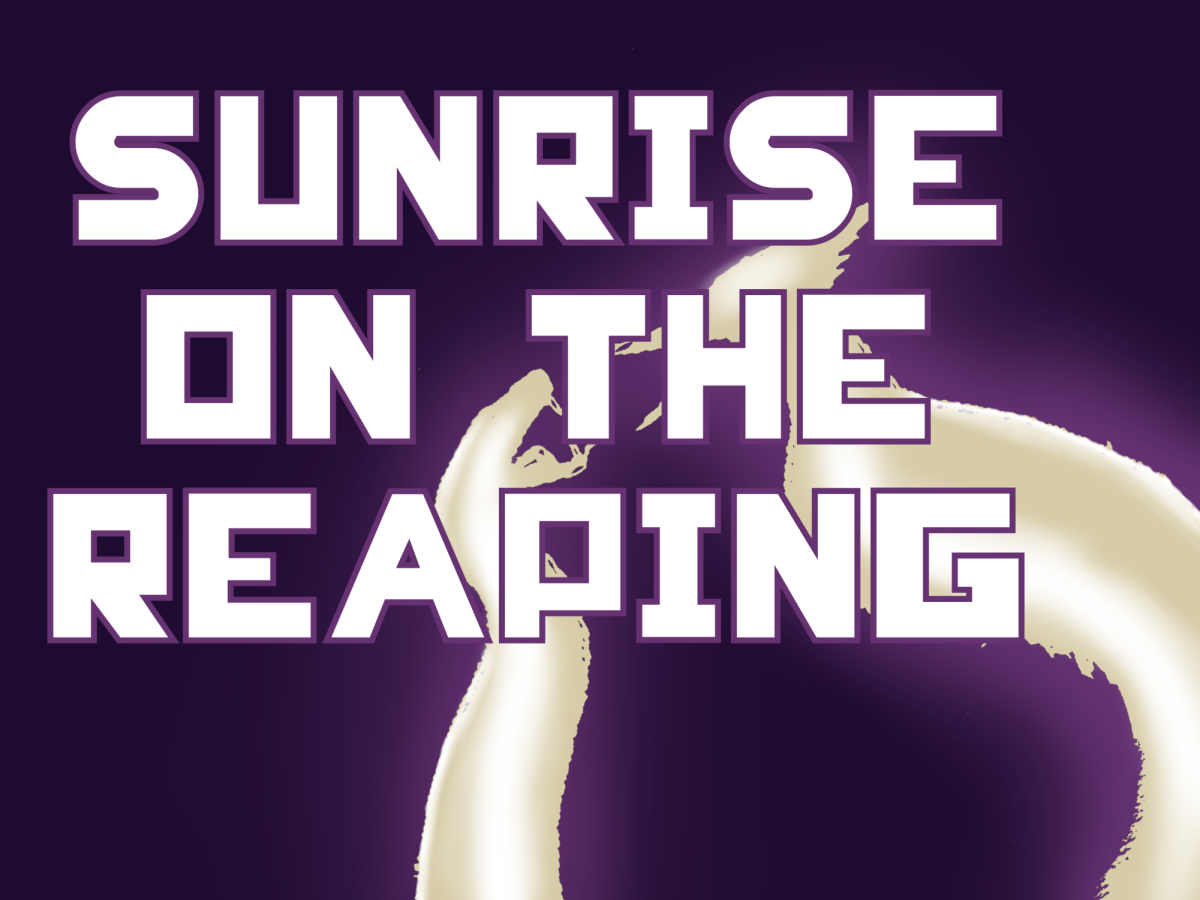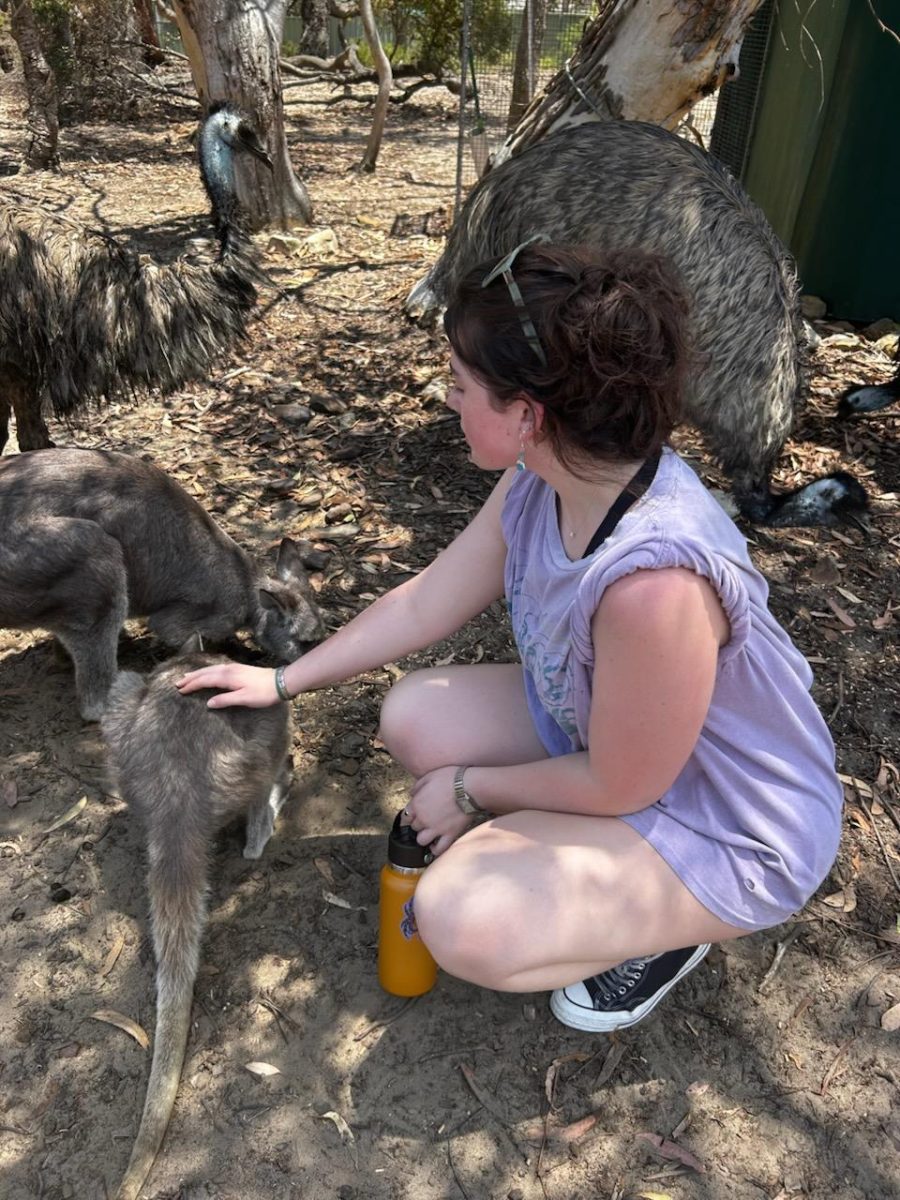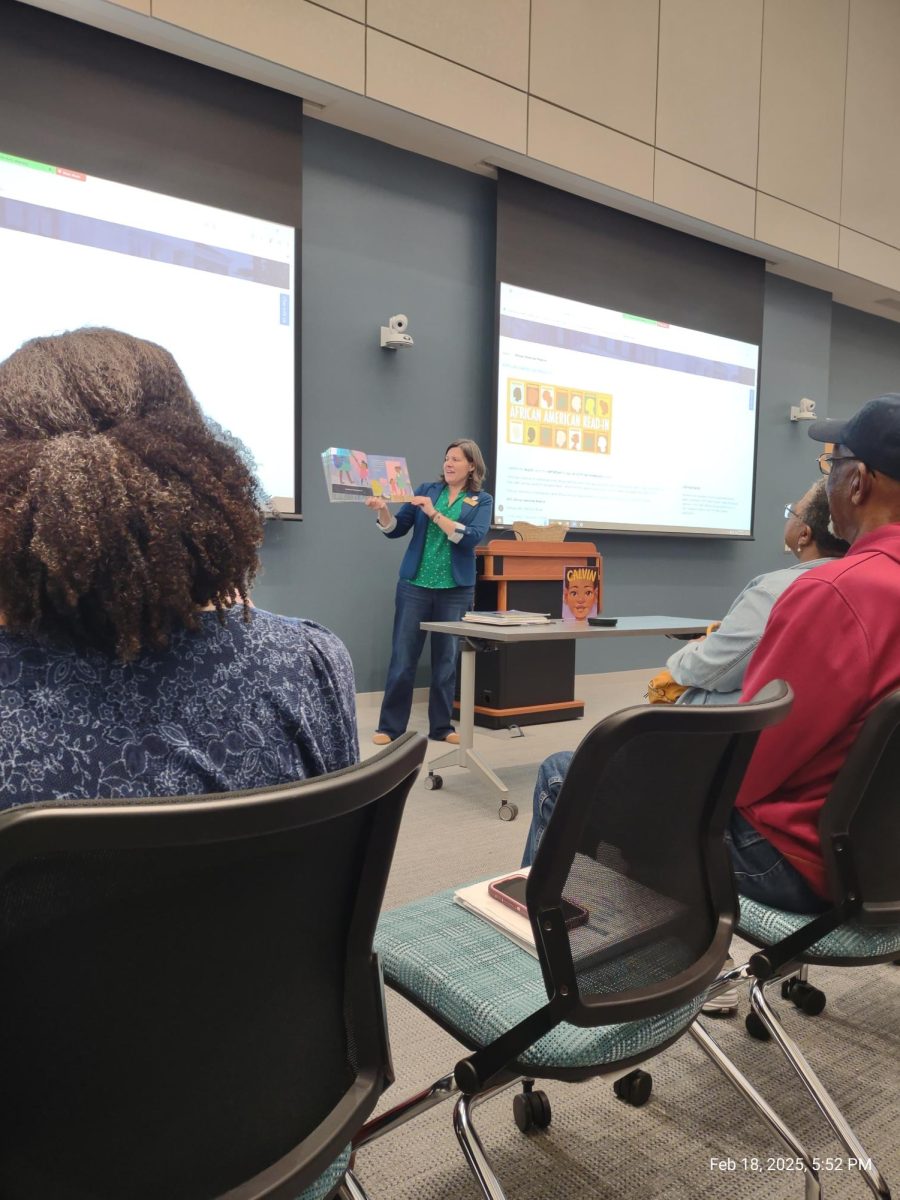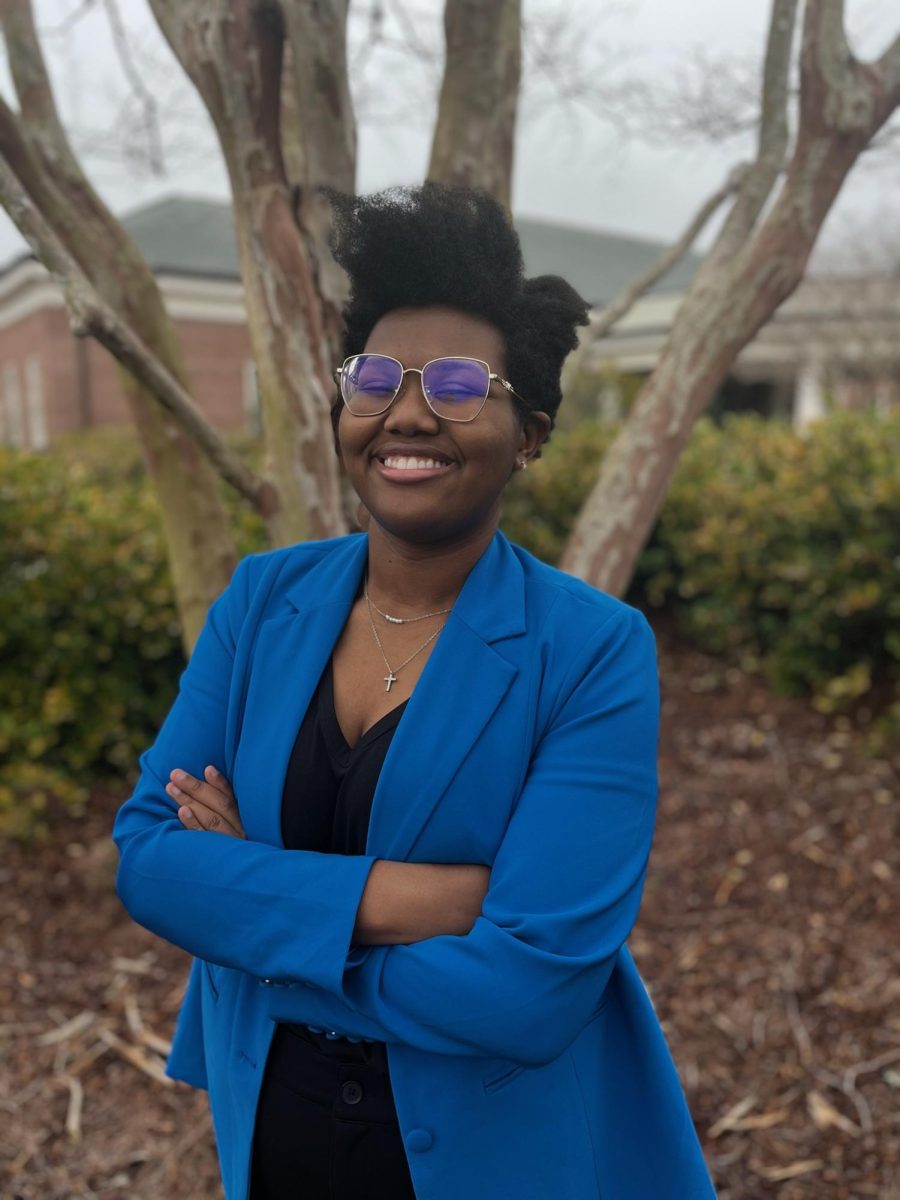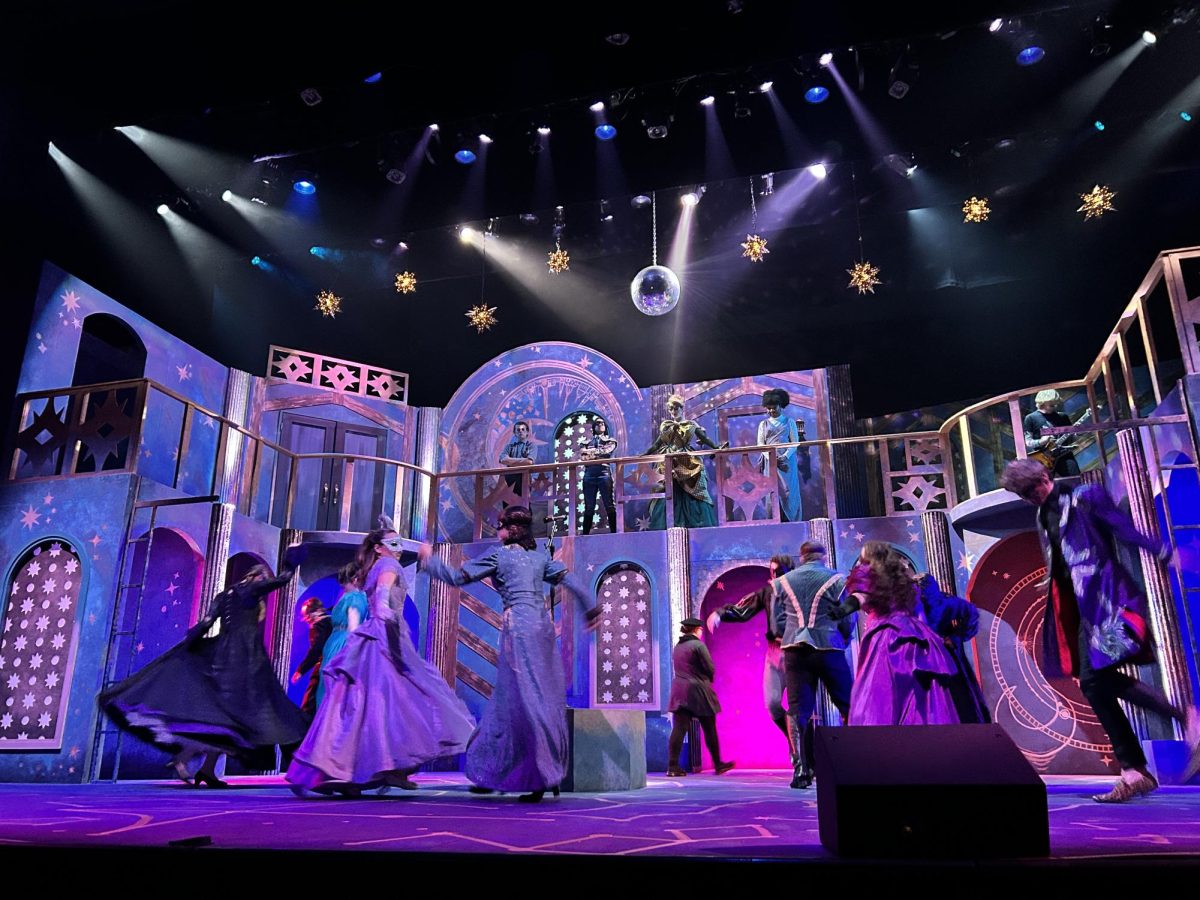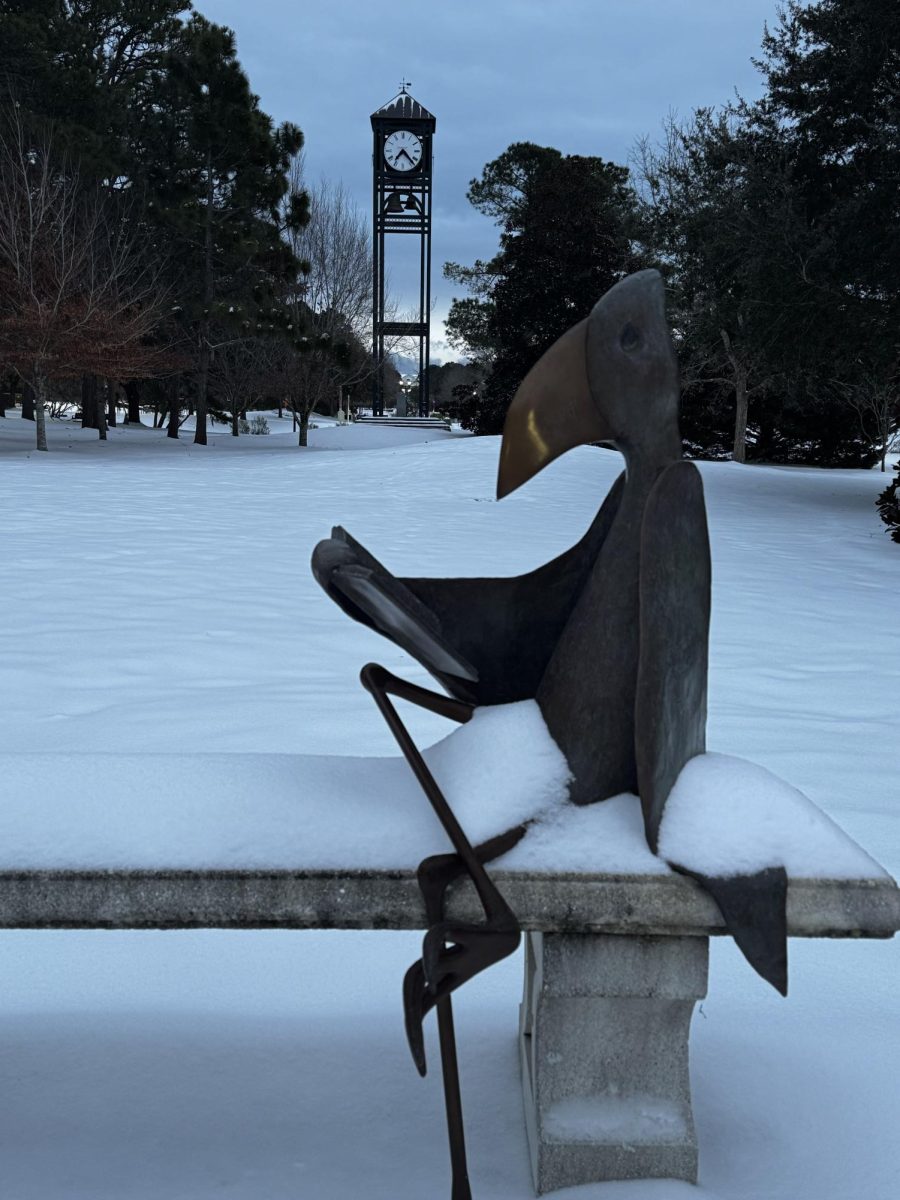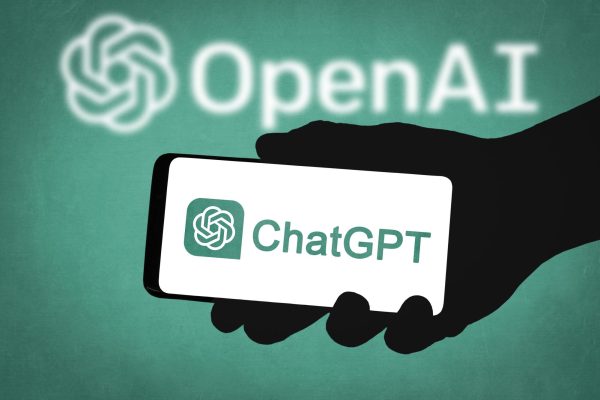
Within the halls of a university, the effect of artificial intelligence (AI) can be overwhelming.
There is a belief that little can be done to restrict student use of AI to complete assignments, making it so that many graduating with degrees have used AI to complete their work for them, reducing the value of their degree.
Dr. Donald Bushman, a UNCW English professor recalls a time when a student used AI to generate an essay for them.
“It was the draft of a paper,” Bushman said. “I had readings about AI that they were supposed to respond to… [The student] was supposed to pick two of these essays and respond to them and compare their attitudes towards AI. As I was reading his draft, it was apparent…The draft was flawless and it was exactly four pages, as opposed to a little less than four pages or a little more than four pages. As I started reading it, there was very little connection between the actual content of the articles he was writing about…and what he was showing me, because he did not produce it, ChatGPT did.”
With companies such as OpenAI coming out with sites like ChatGPT in Nov. 2022, the student use of these AI engines to complete part or the entirety of assignments has increased at an exponential rate, with over half of university students confessing to using AI on their work. Methods of detecting AI writing in a paper and educational institutions’ policy on AI use cannot keep up with its rampant updates and its use on campuses. This has led to many professors attempting to ban the use of AI in their classrooms.
“I think about it in terms of how we react to new technologies in general,” Dr. Ian Weaver, a UNCW assistant professor of science and professional writing said. “There is always this technological determinism approach of ‘Oh, technology is going to destroy the world,” so [trying to ban AI in classrooms] is a pretty natural reaction, and I think that I have felt that…There is so much hitting us all the time – teachers, students – it’s overwhelming. So, sometimes you have to ban it originally to figure it out first. I just don’t think that [professors] should leave it at that.”
“Compared to my freshman year, syllabus’ have been changing,” Ainsley, a UNCW junior said on how AI has changed the classroom environment on campus. “The way that teachers will teach their class has been shifting just slightly because of ChatGPT. I know the school talked about developing new software to detect ChatGPT so that students cannot cheat.”
Looking at how the use of AI on campus can be beneficial, several UNCW students shared their opinion and experiences using AI.
“I think [AI] definitely opens up new opportunities for people,” Ainsley said. “Especially for getting ideas and to help you get something started.”
“It was accurate,” Brianna, a UNCW student said, recalling the time she used an AI generated response to see how it compared to her own work. “It gave me perfect information on what I needed, and it was very comparable to what I had already written.”
“I have used [ChatGPT] on political science exams,” A sophomore at UNCW said, who preferred to remain anonymous. “It actually helped me more than my professor did; it broke [the information] down more for me.”
When asked if she would use it to completely write a paper, the student said, “I do not risk it on English papers…I think they could tell.”
Although there are some who would try to ban the use of AI entirely on campus, it may be impossible: A professor could prevent a student from using it in class when they are under their watchful eye, but once they leave the classroom the student can do whatever they want.
“I think it would make a lot more sense if we spent our time trying to help students see it as a tool to think and write better,” Weaver said, “rather than using it as a tool to do their work for them. If we ban it or police it, and that’s all we do, then we emphasize the point that this is a tool you can use to do your work.”
“I think [AI] can be used in assistance very well,” Brianna agreed, “if you put your own information into it… I have not personally done that, but I have tried how it rewords things, and it worked great. I think people can see it as a cheating aspect, but I think it can also be very helpful for those who maybe do not know how to [put their words] into the right place.”
Although many people aspire to see the positive possibilities in the use of AI within higher education, it comes with risks beyond being used as a tool for plagiarism.
“AI hallucinates, as they say,” Bushman said. “It makes up stuff; it doesn’t necessarily have a direct connection to the content that you are asking it to write about.”
This has been proven true by a tort case filed against OpenAI by Mark Walters in June 2023 on file at the National Constitution Center, as Walters sued on the grounds of libel when ChatGPT fabricated that he has committed fraud and embezzlement.
But the possibility of students getting false information from AI generators makes plagiarizing their essays all the worse.
“I sat there, and I was reading and it was apparent that he had not written it,” Bushman said on the student who had cheated on the essay draft., “And I just said, ‘Let me tell you how generative AI works,’ and I explained the whole thing about how it anticipates the next series of words. He goes, ‘Okay,’ and he never did it again.”
Although many students may find the use of generative AI tempting when it comes to tackling difficult assignments, one student shares her motivation for not relying on ChatGPT.
“I just want it to be my own work,” Ainsley said. “I know that other people do it differently, but I want to be able to say that I did it. I do it for me, in a way.”







